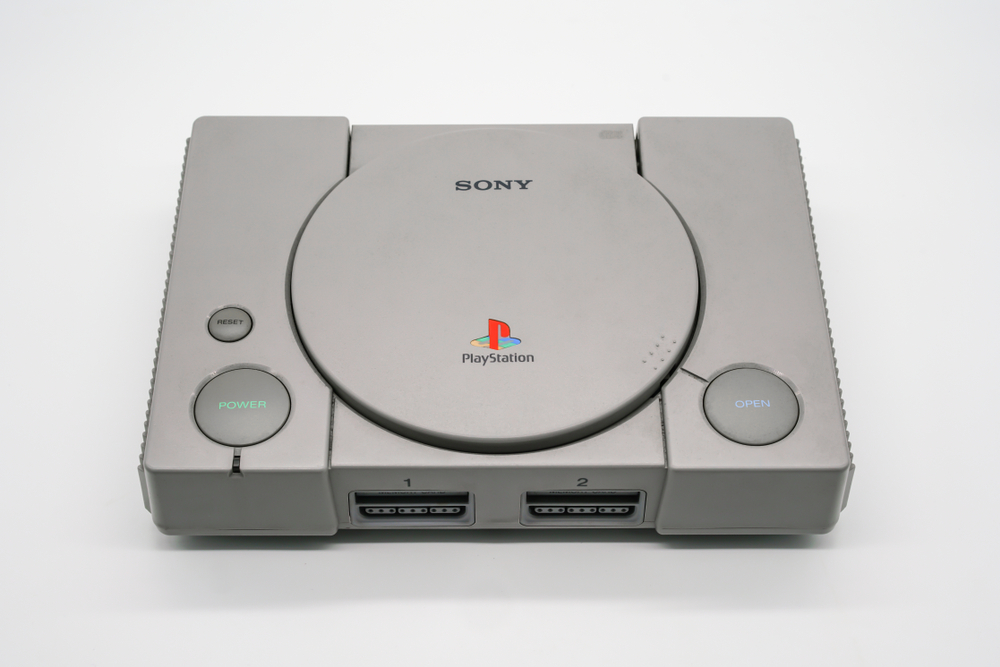Video Games Through the Ages
Gaming has long been associated with an activity that brings people together. Nowadays, we can enjoy anything from board games, card games, casino games, video games, etc., but they actually date back as far as the time of ancient royal courts and the aristocracy of several different countries from around the globe.
Simply put, any type of game isn’t just games. They create interactions and human connections that help us improve our social skills with people. Additionally, they also strengthen our ability to think and help us master certain skills that are required during gameplay.
Bearing this in mind, the focus of this article is about the evolution of video games. Video games have also been here for a very long time, and we can assure you that they’re not going anywhere anytime soon. On the contrary, the sky truly isn’t the limit when it comes to discussing the various gaming opportunities, they provide us with. From arcade games to consoles, to online casino games, you are truly spoiled for choice. Let’s take a closer look at such a fascinating evolution.
The History of Video Games
Video games have a very long history, that dates back as early as the 1950s. During this time, computer scientists created simple games and simulations as research projects or just to kill some time. For example, several professors and students from the Massachusetts Institute of Technology loved games such as tic-tac-toe and Moon Landing in 3D format. These were first played on ancient computers such as the IBM 1560, whilst punch cards were used to make moves.
As for video games, they only started making waves between the 1970s and 1980s. It was an age where arcade games, consoles and joysticks, compelling graphics, and computer games were first introduced to the scene. Malls were adorned with coin-operated machines, and people played the very same games on consoles like the Atari 2600 and Intellivision.
Video games became part of pop culture and entertainment. Computer scientists were also behind games like Spacewar! Additionally, Galaxy Game was the first coin-operated game, while Pong followed its success by being the most successful video game. Simply put, the Golden Age video games are hard to beat. They provided the kind of entertainment people needed at the time, and their success can still be felt to this very day.
Who would have thought that we’ll be playing solid arcade titles like Pac-Man and Super Mario on mini handheld consoles? Whilst it’s a shame that there are only a select few gaming arcades left in the world, gaming developers benefitted from this as it allowed them to make their own mark with numerous orb gaming consoles. Some of these include mini arcade machines, handheld TV consoles, handheld devices, and more advanced devices such as gaming carpets and other extensive gadgets.
If we look back at the historical side of things, the 1980s also saw the introduction of gaming computers and early forms of LCD gaming devices. By 1992, we then saw the second wave of video consoles and soon enough, we found ourselves in the third generation of video games. These include 8-bit units, that first emerged from 1983, up until 1995. The fourth and fifth generations focused on 16-bit models, along with 32 and 64-bit units respectively, along with the introduction of mobile gaming.
Moving on to the early 2000s, the sixth generation, a significant improved could be felt. The decline of arcades was very real, but 3D video games, better handheld consoles and computer games generated lots of excitement. During this time, the popularity of mobile gaming and online gaming became important aspects of the gaming industry. So to speak, they laid the foundations of what was to become of areas such as the online casino industry.
Soon enough we found ourselves in the seventh generation of the gaming industry. At this stage, more improvements were made, and new gadgets and games were introduced. It was an era where significant improvements were made to the visuals and graphics, and consoles such as Wii, top PC games were sold. More importantly, the seventh generation was an important era in the history of the gaming industry, as it also saw the rise of cloud computing in video games.
We are currently in the eighth generation of consoles. Some of these include Nintendo 3DS and Nintendo Wii U, Sony’s PlayStation 4, and Vita and Microsoft’s Xbox One. As for computer games, they have an undeniably large market share in different parts of Europe and Asia. It is expected that this market will continue to grow in the years to come.
However, will the mobile market become the next go-to-market that will suppress the popularity of computer games? The development of smartphones and mobile games is most definitely on the rise. Taking online casino as an example, most reputable casino providers are optimizing the desktop site for mobile use, since more and more players want to explore that option. Undoubtedly, mobile games provide more convenience, enhanced usability, and further development. Additionally, if we had to further explore the options, mobile gaming serves as a cheaper option for gaming enthusiasts who can’t afford to buy a proper console, as well as the additional required to play video games.
What does the Future Hold?
Bearing all of the above situations in mind, where can we go from here? Year by year, video games continue to evolve. With the mobile market becoming increasingly popular, we might start to experience a decline in the consoles and gaming devices that have supposedly shaped the future of video games. No one knows what the future holds, but from the looks of it, it’s certainly a bright one.
This post didnt have a specific author and was published by PS4 Home.

